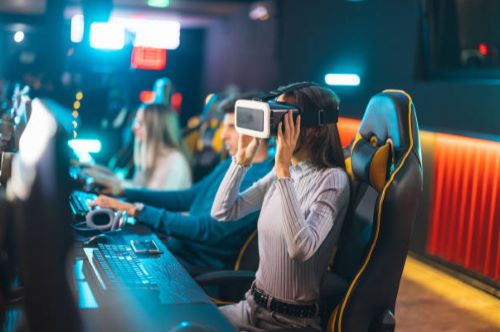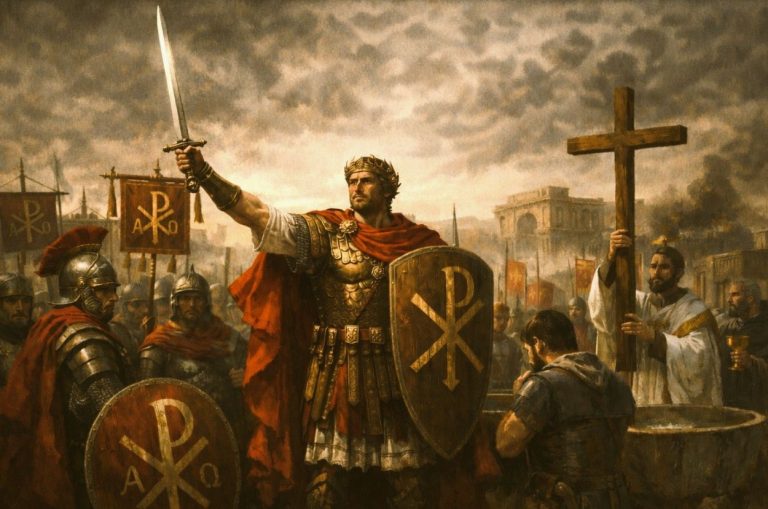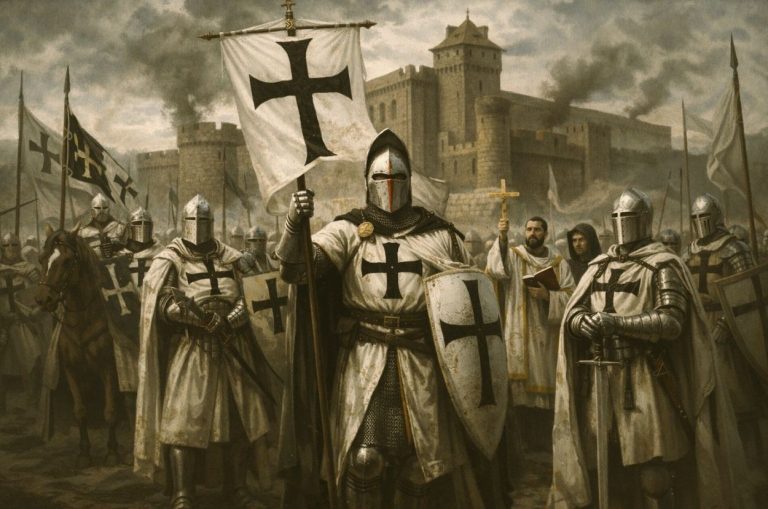

Entertainment has been a fundamental aspect of human culture since ancient times, evolving alongside advancements in technology, society, and culture. From simple recreational activities to sophisticated digital experiences, the evolution of entertainment reflects humanity’s ever-changing desires for amusement, social interaction, and cultural expression. In this article, we’ll explore the fascinating journey of entertainment from its earliest origins to the modern era of digital experiences, examining how ancient activities have shaped the entertainment landscape we know today.
The Origins of Entertainment in Ancient Times
Entertainment has been an integral part of human society for millennia, with ancient civilizations engaging in a variety of recreational activities to pass the time and foster social cohesion. From storytelling and music to sports, ancient cultures found creative ways to entertain themselves and connect.
Storytelling and Oral Traditions
One of the oldest forms of entertainment, storytelling dates back to prehistoric times when early humans gathered around campfires to share tales of adventure, mythology, and folklore. These oral traditions served not only as a form of entertainment but also as a means of preserving cultural heritage and passing down knowledge from one generation to the next.
Music and Dance
Music and dance have also played a central role in human entertainment throughout history, with ancient societies using rhythmic beats, melodies, and movement to celebrate, communicate, and express themselves. From ceremonial rituals to festive celebrations, music, and dance provided a means of expression and entertainment for people of all ages.
The Evolution of Entertainment in the Medieval and Renaissance Periods
During the medieval and Renaissance periods, theatrical performances and festivals emerged as popular forms of entertainment across Europe and beyond. Mystery plays, morality plays, and commedia dell’arte performances entertained audiences with their colorful characters, elaborate costumes, and lively performances, while festivals and fairs offered opportunities for socializing, feasting, and revelry.
Courtly Entertainment and Royal Patronage
In the courts of medieval and Renaissance Europe, entertainment took on a more refined and sophisticated form, with nobles and royalty patronizing musicians, poets, and performers to entertain their guests. Courtly tournaments and masquerades provided opportunities for nobles to showcase their wealth, status, and cultural refinement, while also fostering social connections and alliances.
The Industrial Revolution and the Birth of Modern Entertainment
The Industrial Revolution brought about significant changes in society, economy, and technology, leading to the rise of mass entertainment and popular culture. The invention of the printing press, the expansion of urbanization, and the development of new forms of media such as newspapers, magazines, and novels democratized access to entertainment, making it more accessible to people of all social classes.
The Birth of Cinema and Television
In the 20th century, the invention of cinema and television revolutionized the entertainment industry, bringing visual storytelling to a mass audience. From the silent films of the early 1900s to the blockbuster movies and television shows of today, cinema and television have become powerful mediums for storytelling, artistic expression, and cultural reflection.
The Digital Age and the Era of Modern Digital Experiences
The advent of the internet and digital technology has transformed the entertainment landscape, giving rise to a new era of interactive and immersive experiences. From online industry and social media to streaming services and virtual reality, digital media has revolutionized how we consume, create, and interact with entertainment content.
Online Industry and Virtual Worlds
The online slot industry has emerged as one of the most popular forms of entertainment in the digital age, offering players the opportunity to immerse themselves in virtual worlds, interact with other players, and engage in a wide range of industry experiences. From massively multiplayer online role-playing to competitive esports tournaments, the online industry has become a global phenomenon, attracting millions of players from around the world.
Conclusion
The evolution of entertainment from ancient activities to modern digital experiences reflects humanity’s innate desire for amusement, socialization, and cultural expression. From the storytelling traditions of ancient civilizations to the immersive virtual worlds of the online industry, entertainment has continually adapted and evolved to meet the changing needs and desires of society. As we continue to embrace new technologies and innovations, the future of entertainment promises to be even more exciting, diverse, and immersive than ever before, offering endless opportunities for creativity, exploration, and enjoyment.


